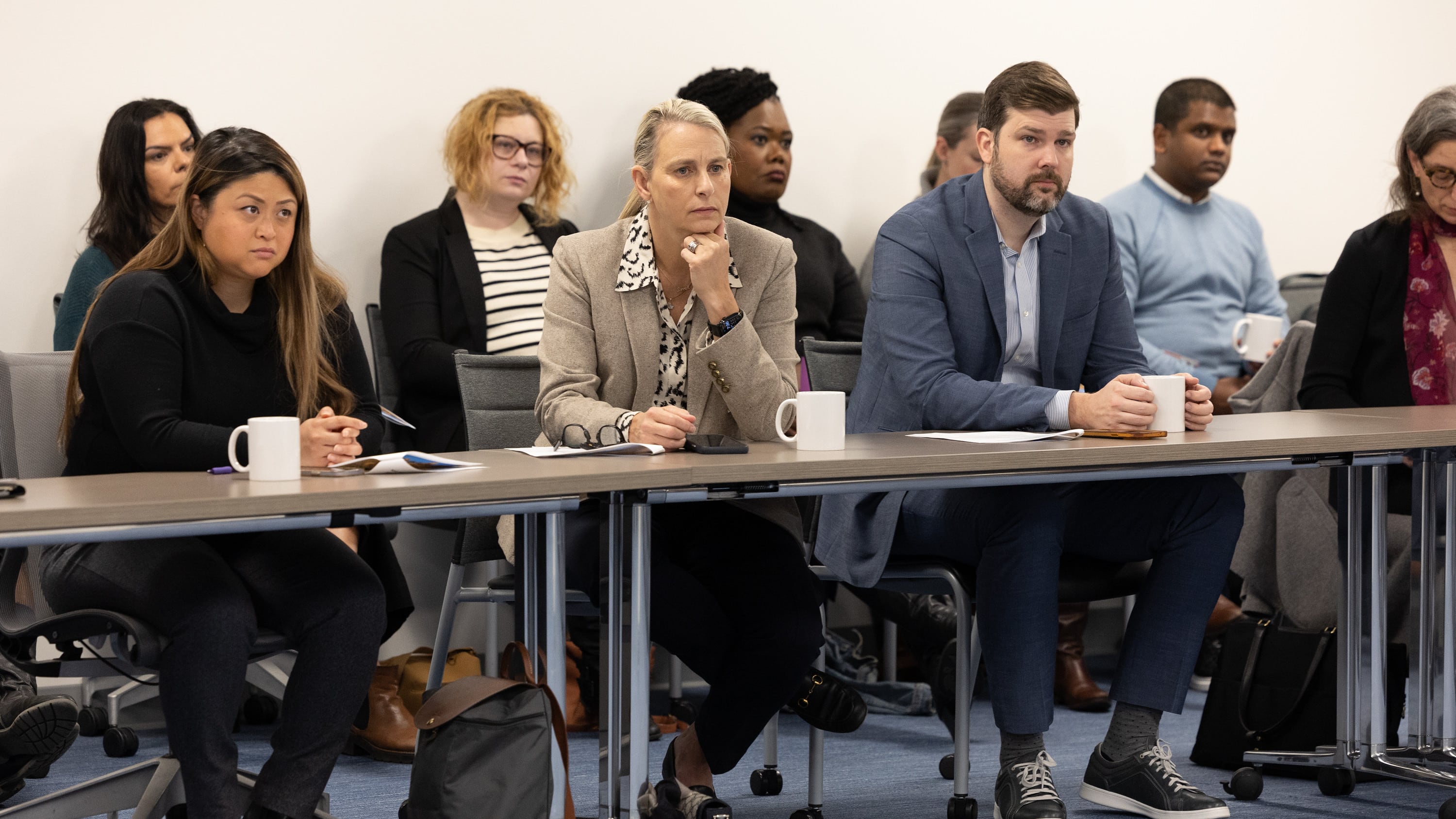On May 16, District Attorney Mike Schmidt went to the Multnomah County Board of Commissioners to ask for more money in this year’s budget, citing a report showing his office was 26% understaffed. “We’re pretty to the bone,” he told the board.
WW has obtained the staffing report, which was completed in January by the Portland consulting firm Coraggio Group. Its consultants interviewed Schmidt’s employees to complete the “Weighted Case Analysis,” finding that prosecutors in many units inside the office were working upwards of 60 hours a week and juggling caseloads that in some units had more than doubled.
He’s asking for a $50 million budget, which amounts to a 43% increase from 2019. Those dollars, however, translate into only a 3% increase in head count. Schmidt cited rising labor costs as one of the causes of his office’s staffing challenges.
In a statement to WW, Mike Schmidt highlighted the ongoing cuts to the office. “When I started as an intern in 2007, our office had over 100 prosecutors. Then when I came in as DA, we had 72. Thanks to investments from the county commission, we are seeing that number tick back up—we’re currently at 81 prosecutors,” he said.
According to the consultants, his office needs 109.
Schmidt said he was working on internal improvements to reduce caseloads but would continue to advocate for more staff. “Ensuring manageable prosecutor caseloads is critical to public safety and to relieving burnout,” he added.
The report is actually an improvement over the last staffing analysis, conducted in 2018. At the time, it found the office was 36% understaffed.
Still, it highlights problems inside an office that has been under intense public scrutiny in recent years as Portland’s murder rate climbs and county courts sag under the weight of what the consultants call “a massive backlog” brought on by pandemic-related restrictions. Some cases are “now bumping against the statute of limitations,” it notes.
A shortage of defense attorneys has only aggravated the problem. “MCDA is issuing cases only to see them dismissed by the courts,” the consultants note.
Some believe the report understates the problems. The Community Budget Advisory Committee, which reviewed the report for the board, said it believes “the understaffing is more significant than stated in the report.”
A member of that committee, consultant Wayne Graham, told the board that its members were fed up with crime. “The need for funding must be met,” he said.
This report follows on the heels of another report first obtained by WW earlier this year that showed high caseloads were taking a toll on employee morale.
And the latest report sheds light on some of the consequences of the resulting attrition, particularly in the juvenile unit, which experienced “over 100% turnover in the last year.” The experienced prosecutors who remain in the office are spending more and more time training the newer ones, giving themselves less time to work cases. The report recommends the office spend more resources on training and mentorship.
The consultants also criticized the office’s outdated case management system, which presented challenges only compounded by the telework necessitated by the pandemic. “Many [prosecutors] expressed frustration that they still use paper files and that the document management system is so slow that it is almost unusable at times,” they noted.
